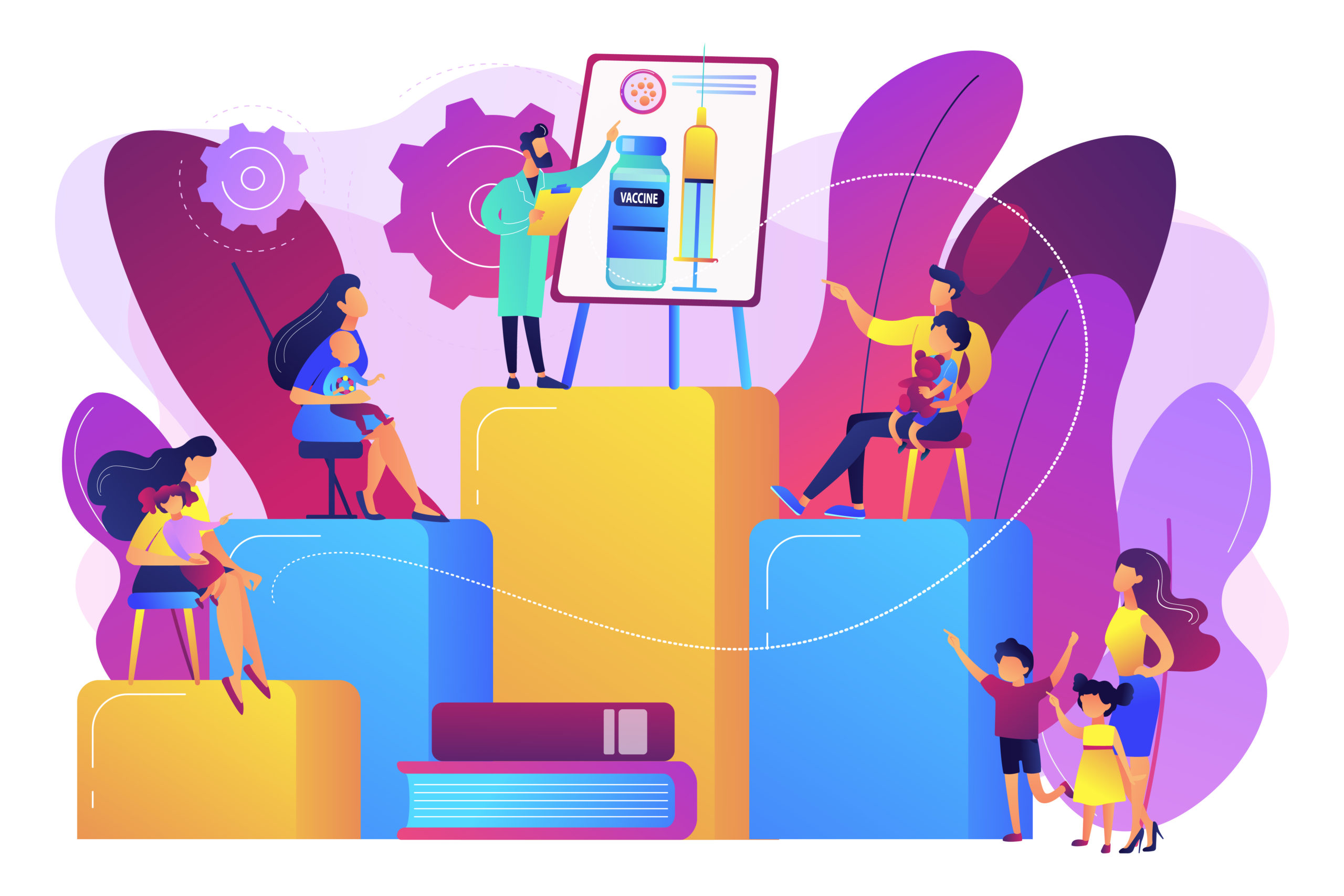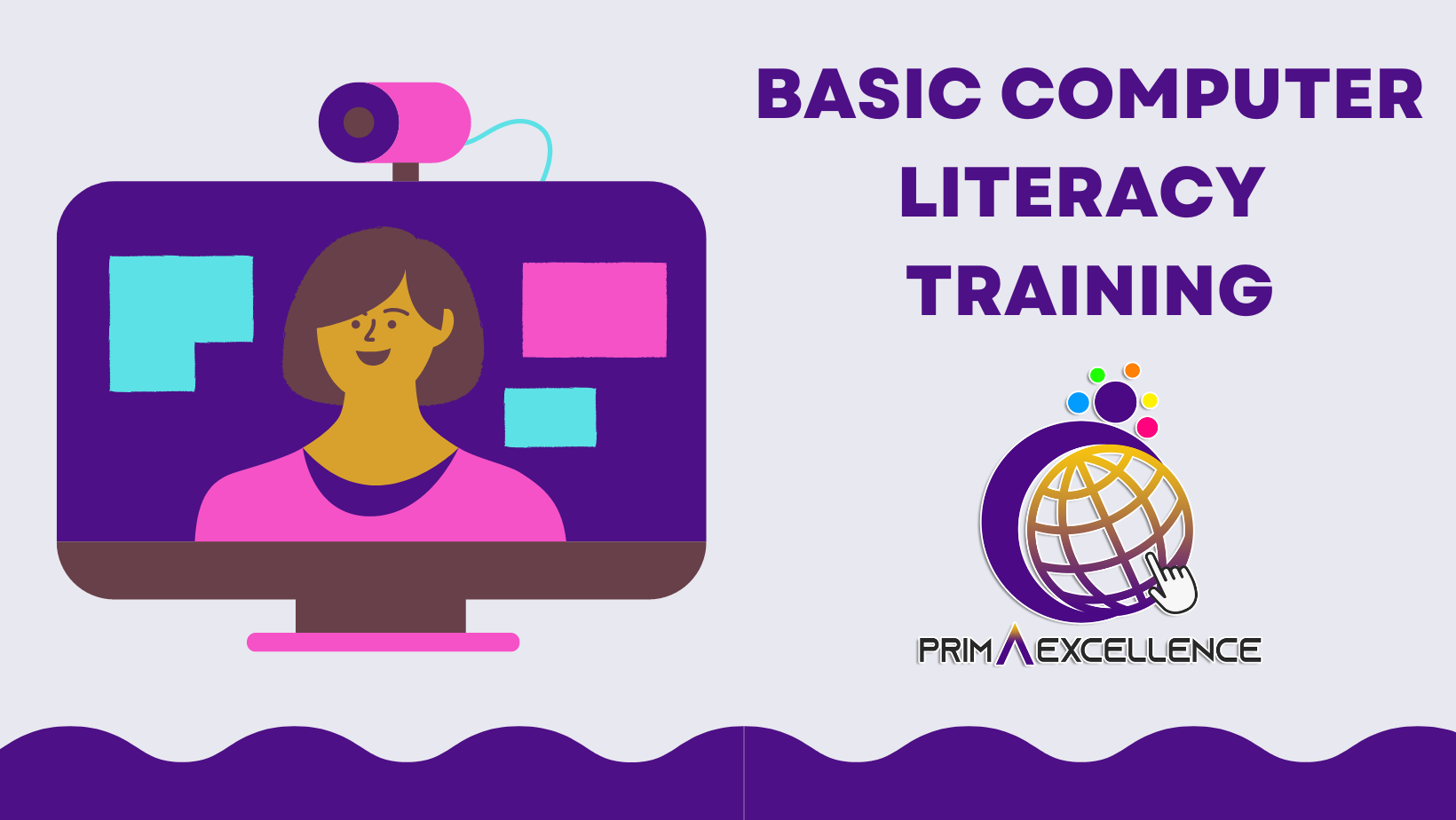TLE MAJORS

About Bundle
The 21st Century TLE: Strategies for Engaging Students and Promoting Livelihood Opportunities Training Course with Basic Computer Literacy Training is designed to equip educators with innovative teaching strategies and practical skills to engage students in Technical Livelihood Education (TLE) subjects while incorporating essential computer literacy skills. This course is tailored for educators who are responsible for teaching TLE subjects and aim to prepare students for future livelihood opportunities in a rapidly evolving digital world. Participants will explore effective instructional approaches, leverage technology tools, and integrate basic computer literacy training to enhance student engagement and equip them with relevant skills for the 21st century workforce.
Courses in the Bundle (2)
-
BASIC COMPUTER LITERACY TRAINING
By Christie Busito | Category: Professional Teachers


